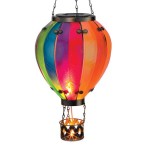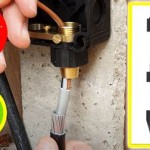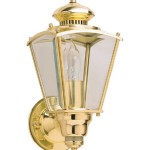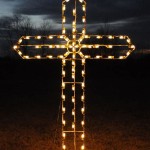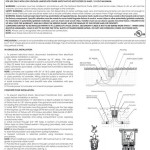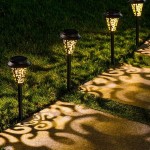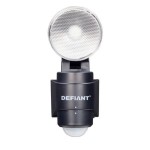Essential Aspects of Outdoor Low-Voltage LED Lighting Fixtures
Low-voltage LED lighting fixtures are an excellent choice for outdoor applications due to their energy efficiency, versatility, and durability. These fixtures are designed to operate at a lower voltage than traditional lighting, typically between 12 and 24 volts, which makes them safer to use and easier to install. Understanding the crucial aspects of outdoor low-voltage LED lighting fixtures will enable you to make informed decisions about the best choices for your specific needs.
Voltage and Power Requirements
The voltage and power requirements of LED lighting fixtures are crucial factors to consider. Low-voltage LED fixtures operate at a lower voltage than standard lighting, typically between 12 and 24 volts. This lower voltage requires the use of a transformer to convert the standard line voltage (120 or 240 volts) to the appropriate voltage for the fixtures. Proper voltage selection is essential to ensure the safe and efficient operation of the lighting system.
fixture housing
The housing of the fixture is designed to protect the internal components from the elements and ensure durability. Outdoor lighting fixtures are typically rated for various levels of weather resistance, such as IP65 or IP67, indicating their ability to withstand moisture, dust, and other environmental factors. Choosing fixtures with appropriate weather resistance ratings is essential to ensure longevity and reliable performance in outdoor settings.
Light Output and CCT
The light output of LED fixtures is measured in lumens and indicates the amount of brightness produced by the fixture. The correlated color temperature (CCT) refers to the color temperature of the light emitted by the fixture, ranging from warm white to cool white. Selecting the appropriate light output and CCT for the intended application is crucial to create the desired ambiance and ensure visibility.
Beam Angle and Distribution
The beam angle refers to the width of the light beam emitted by the fixture. Different beam angles can be used to create various lighting effects. Wide-beam fixtures provide a broad spread of light, while narrow-beam fixtures create a more focused beam of light. Proper beam angle selection ensures optimal light distribution and minimizes light pollution.
Installation and Maintenance
Outdoor low-voltage LED lighting fixtures are generally easier to install than traditional lighting due to their lower voltage requirements. However, proper installation techniques considering electrical safety and weatherproofing are essential. Regular maintenance, including cleaning and inspecting the fixtures, will help ensure their longevity and optimal performance.
Energy Efficiency and Cost Savings
LED lighting fixtures are renowned for their energy efficiency. They consume less energy than traditional lighting sources, resulting in significant cost savings over time. Additionally, LED fixtures have a longer lifespan, which further reduces maintenance and replacement costs. These factors contribute to the overall cost-effectiveness of outdoor low-voltage LED lighting.

Led Outdoor Landscape Lighting Black 3 Tier Pagoda Path Light Warm White Low Voltage

Low Voltage Led Landscape Light Kits Exterior Lighting

Black Low Voltage Led Landscape Flood Light 2c477 Lamps Plus

Led Mushroom Lights Black For

Reviews For Hampton Bay Greenwood Low Voltage Zinc Led Outdoor Path Light With Water Glass Shade Pg 1 The Home Depot

Cdpa61 5w Led Bollard Low Voltage Path Light Kings Outdoor Lighting

Our Most Popular Led Black Landscape Lighting Hooded Flood Light Low Voltage Warm White

Hampton Bay Ambrose Low Voltage 2 4 Lumens Black Integrated Led Path Light With Flicker Flame Effect Weather Water Rust Resistant 62906 The Home Depot

Low Voltage Landscape Lighting Lamps Plus

Led Landscape Lighting Kit 6 Cone Shade Path Lights 2 Spotlights Low Voltage Transformer Super Bright Leds
Related Posts
